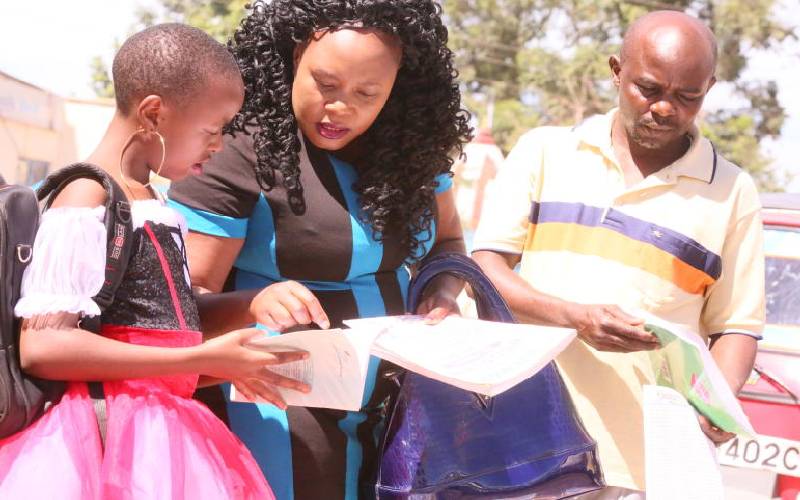×
The Standard e-Paper
Stay Informed, Even Offline

I’m just sitting here trying to remember what I was like in Standard Four, you know, trying to recall whether 10-year-old me was thinking about boys or toys.
I think I’d have to go with toys because one, I was a late bloomer, and two, the Internet was not a thing. Those were the days when television programming started at 4pm and ended at 12am.